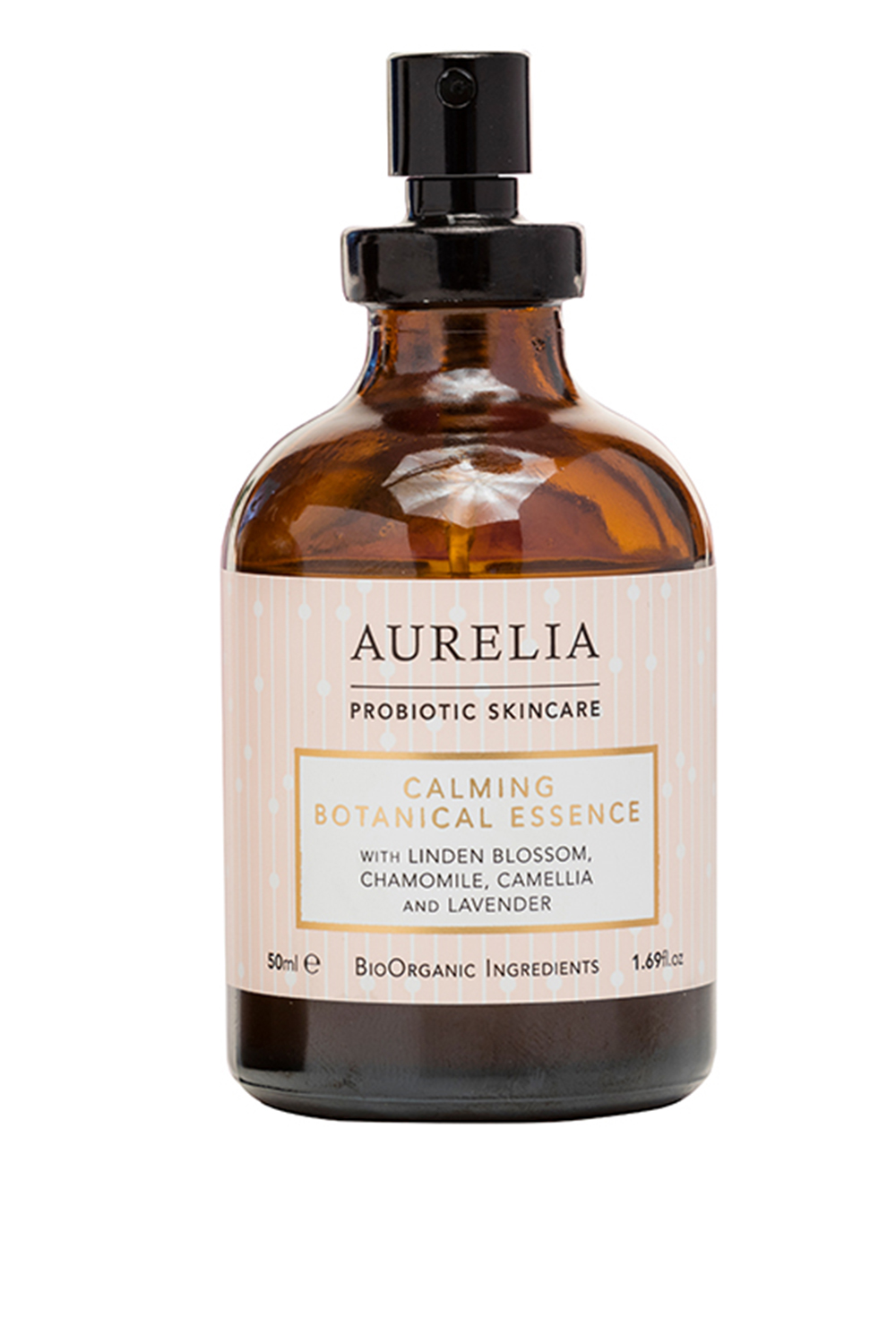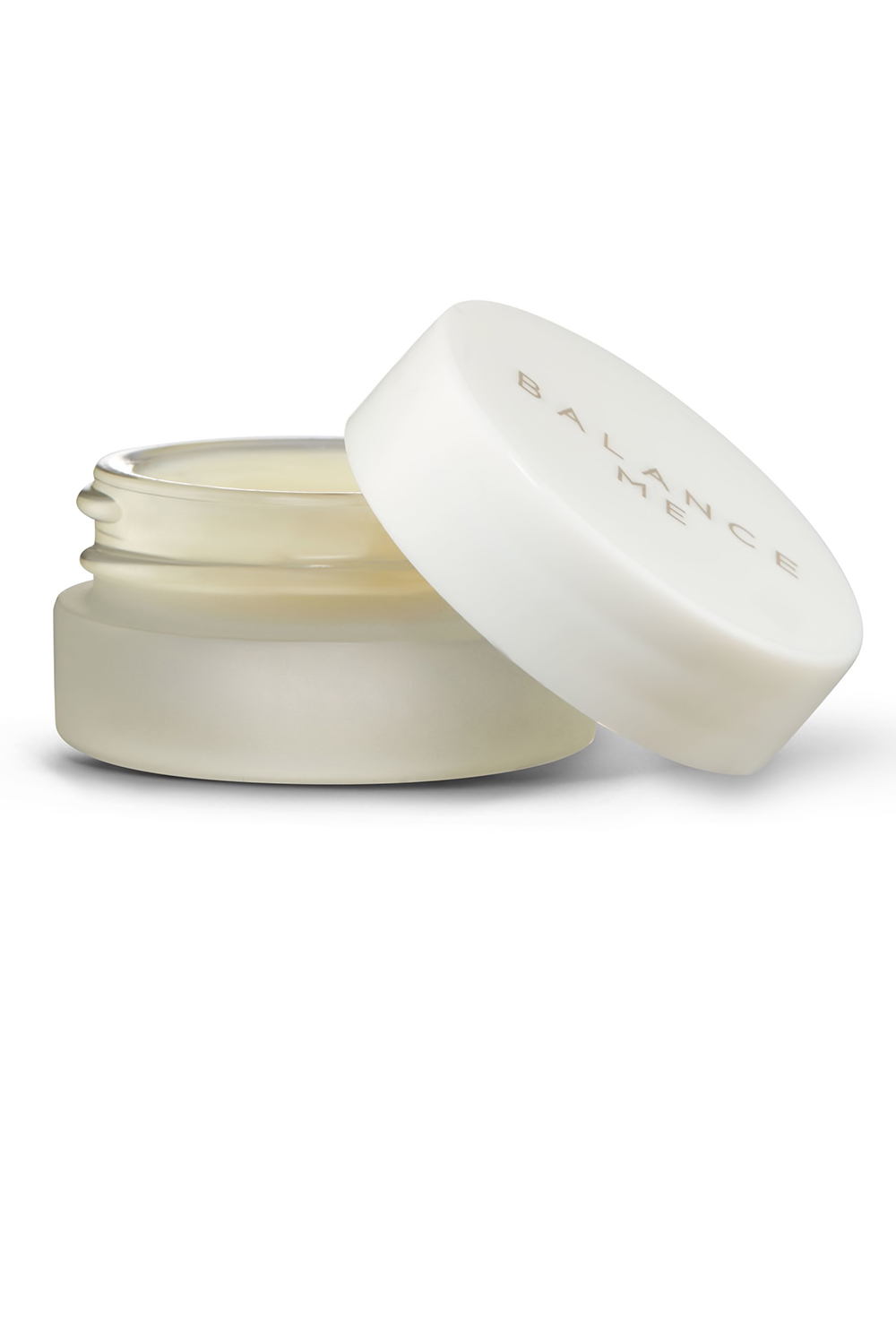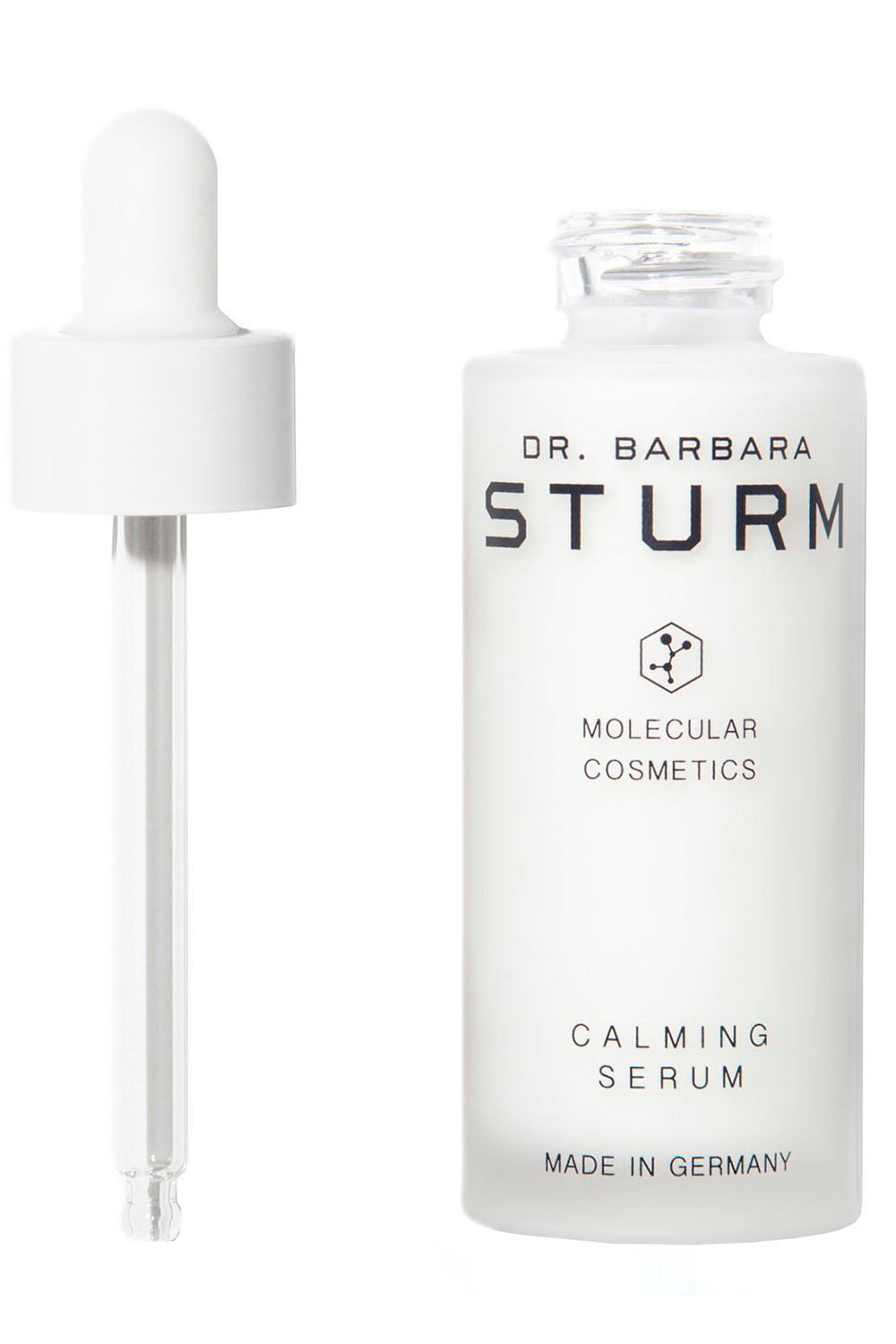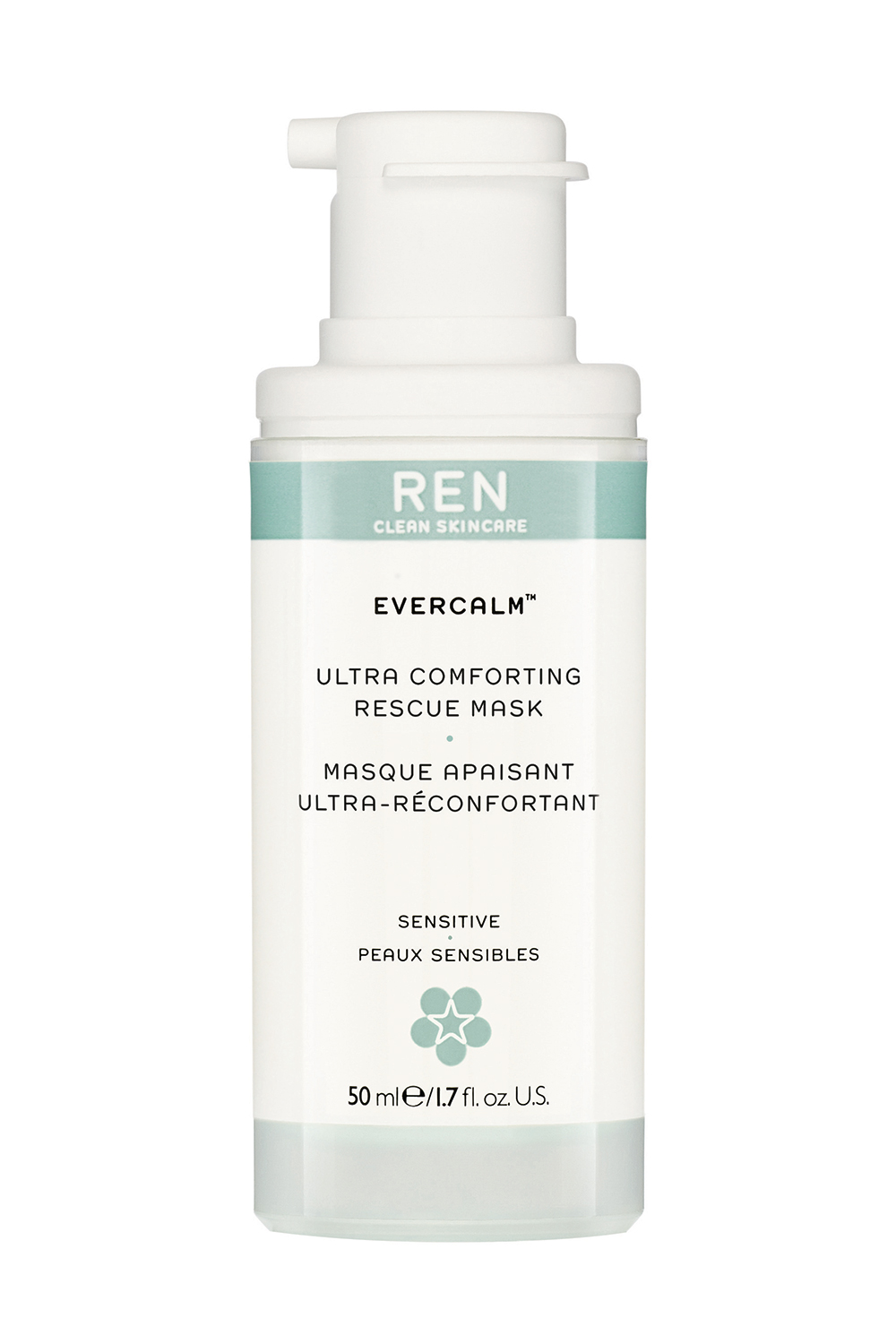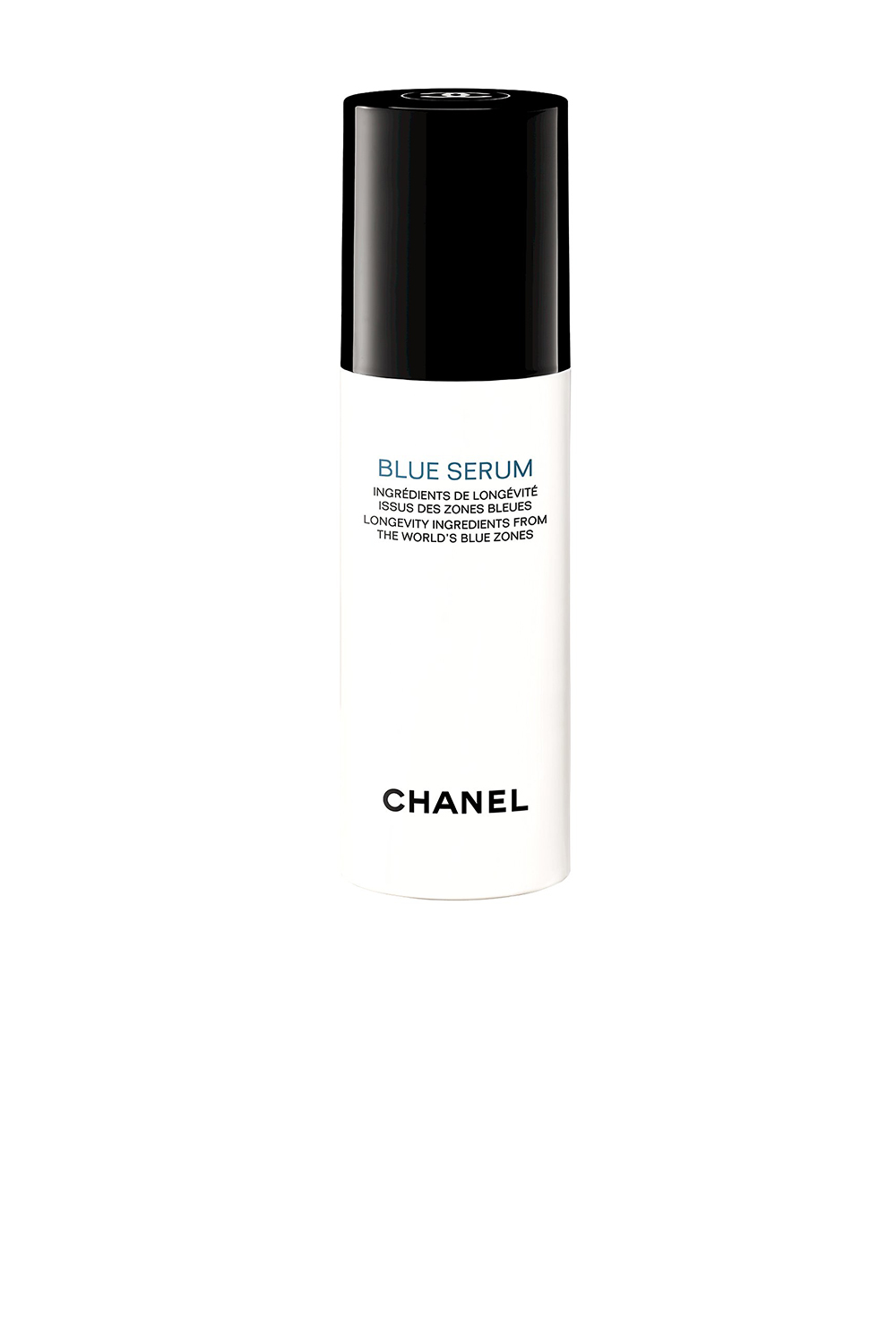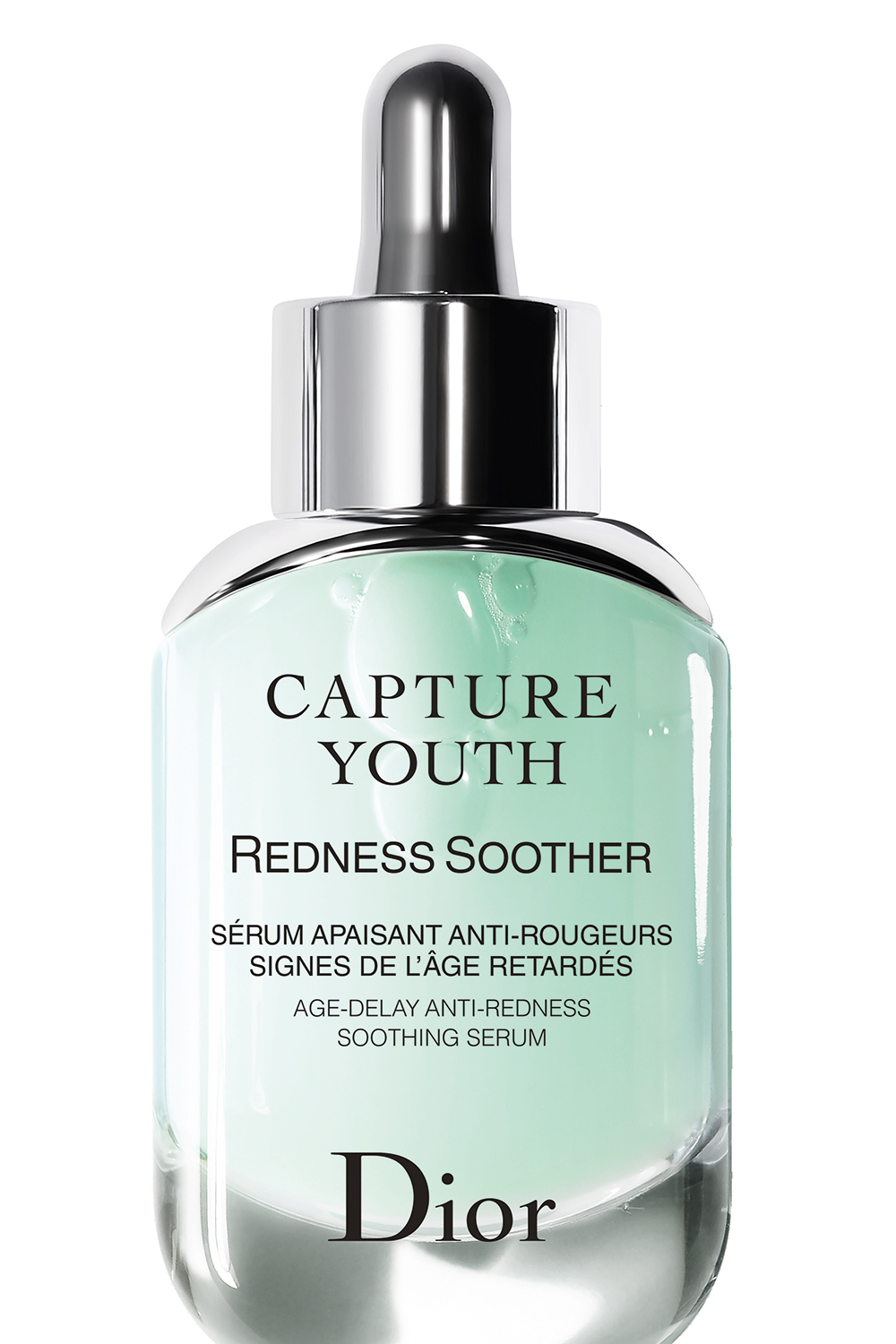Sensitive Skin: Know The Causes, Triggers and Treatment
Here’s how to keep calm and carry on…
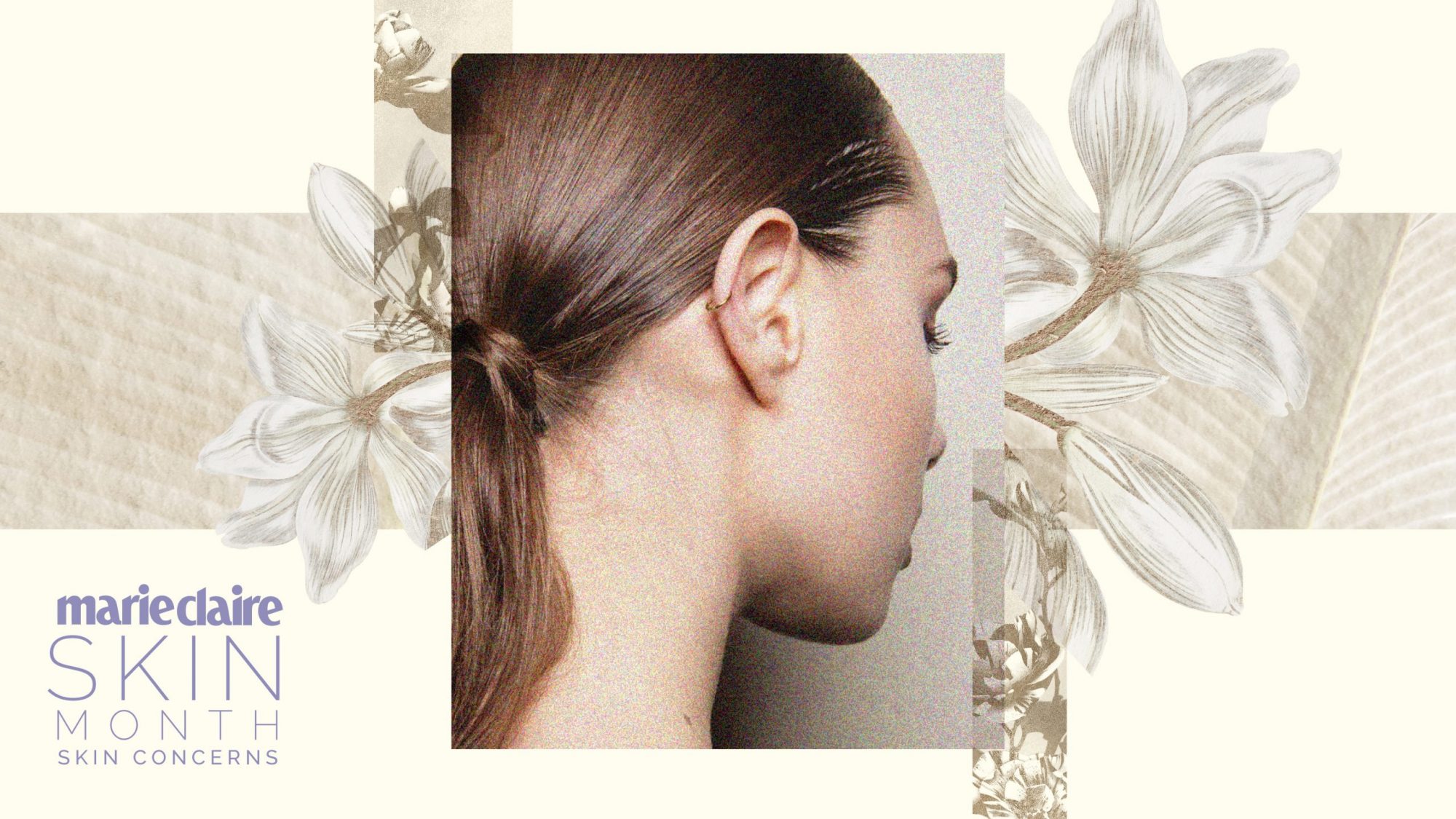
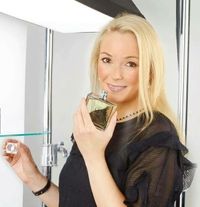
Here’s how to keep calm and carry on…
Sensitive skin in the form of redness, chapping and spots is like an unwelcome house guest. It appears out of the blue and before you know it, it's completely taken over.
But fear not, says skincare expert Debbie Thomas, 'almost everyone experiences sensitive skin at some point. When skin is exposed to changes in weather or allergens such as dust and fragrance, it can read them as the enemy. Your skin then produces inflammatory hormones, enzymes and free radicals to fight them off. This unfortunately damages the skin.'
What is sensitive skin and how can you tell if you have it?
It's possible to suffer from naturally sensitive skin - for example, if you have an underlying condition such as eczema or rosacea.
If you suffer from itchy, warm, red rashes on a regular basis, your skin is likely to be classed as 'reactive'.
'Sensitised skin, on the other hand, means its protective lipid barrier has become compromised. The products and ingredients that your skin was once absolutely fine with are suddenly setting off sirens in your cells,' explains Ingeborg Van Lotringen, beauty industry watchdog and author of Great Skin: Secrets The Beauty Industry Doesn't Tell You.
Irritation like this is usually self-inflicted by an overzealous regime.
Celebrity news, beauty, fashion advice, and fascinating features, delivered straight to your inbox!
Overloading the skin with harsh anti-ageing products can be enough to set off stinging code red. So can the wrong mixture of ingredients. For example, applying an exfoliator containing AHAs followed by a slick of a retinol.
'Microscopic cracks can appear in the skin as a result,' explains Thomas. 'This enables toxins and irritants to seep in and cause further problems.'
Another reason more women suffer from sensitive skin is that we have a higher pH than men. 'This may explain why we have a greater tendency for dry skin, which can lead to irritation,' says Dr Stefanie Williams, medical director at the Eudelo skin clinic.
Our sebum levels also drop off a cliff with age. Meaning skin is without the lipids it needs to retain moisture and build a strong barrier. It thins, too - and thinner skin is easier to irritate.
The rise in air pollution may explain the recent surge in sensitive skin cases. According to a study earlier this year by Friends of the Earth, over 2,000 UK locations have unsafe air quality.
Pollution doesn’t just sit on the surface of your skin, muddying it up like a windscreen. Car exhaust fumes and toxic oily molecules attached to soot can seep into the skin.
'Once inside they cause chronic inflammation,' says Dr Tom Mammone, Vice President of Skin Physiology and Pharmacology at Estee Lauder companies.
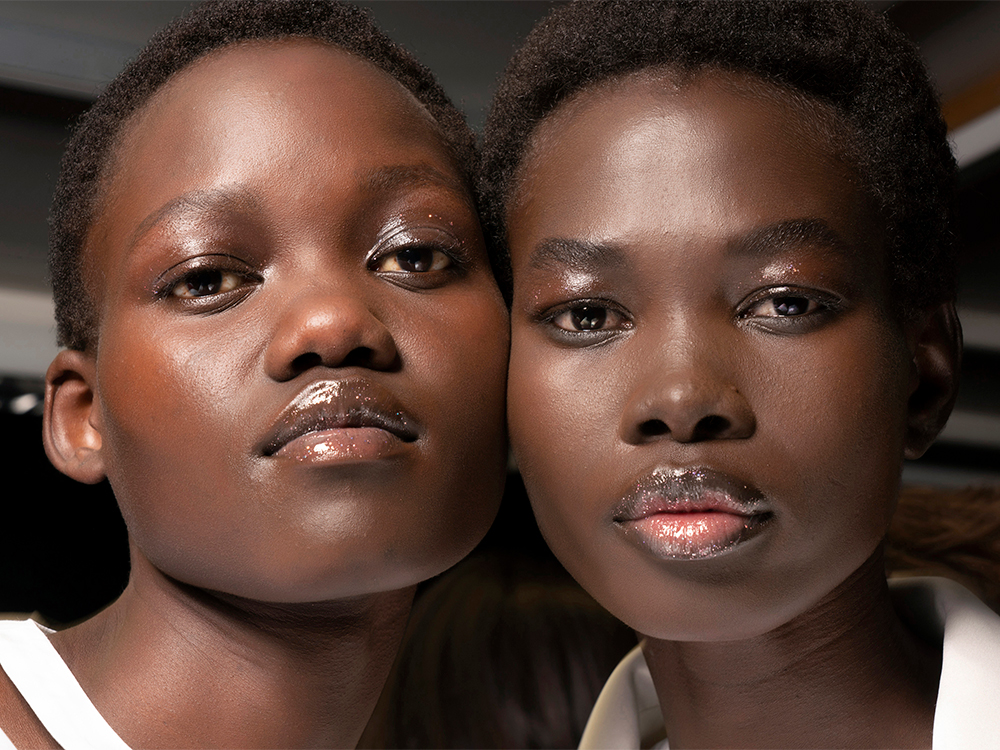
Which skincare ingredients should sensitive skin types avoid?
Generally speaking, those with sensitive skin would be wise to avoid irritants such as alcohol, dyes and certain preservatives.
It can also be bad if your skincare smells good. Creams that have heavy floral fragrances pumped into them to disguise the true scent of the active ingredients can be the reason for unwanted redness.
'Whether a scent is natural in the form of essential oils or synthetic it still involves a volatile reaction,' says Paula Begoun, founder of Paula’s Choice skincare. 'Unfortunately, this reaction almost always sensitises skin. You might not immediately see the damage, but it can be silently occurring below the surface.'
Which skincare ingredients are best for sensitive skin?
If you want your face to recover fast after a bout of sensitivity, resist the temptation to throw lots of products at the problem. Stick to a bare-bones regime for two weeks. Use a gentle cleanser, mineral sun cream (our edit of the best sun cream should help for this), and sensitive skin moisturisers packed with anti-inflammatory ingredients, before gradually reintroducing your usual products.
Best Sensitive Skin Face Wash
Cerave Hydrating Face Wash, £9.50, Lookfantastic
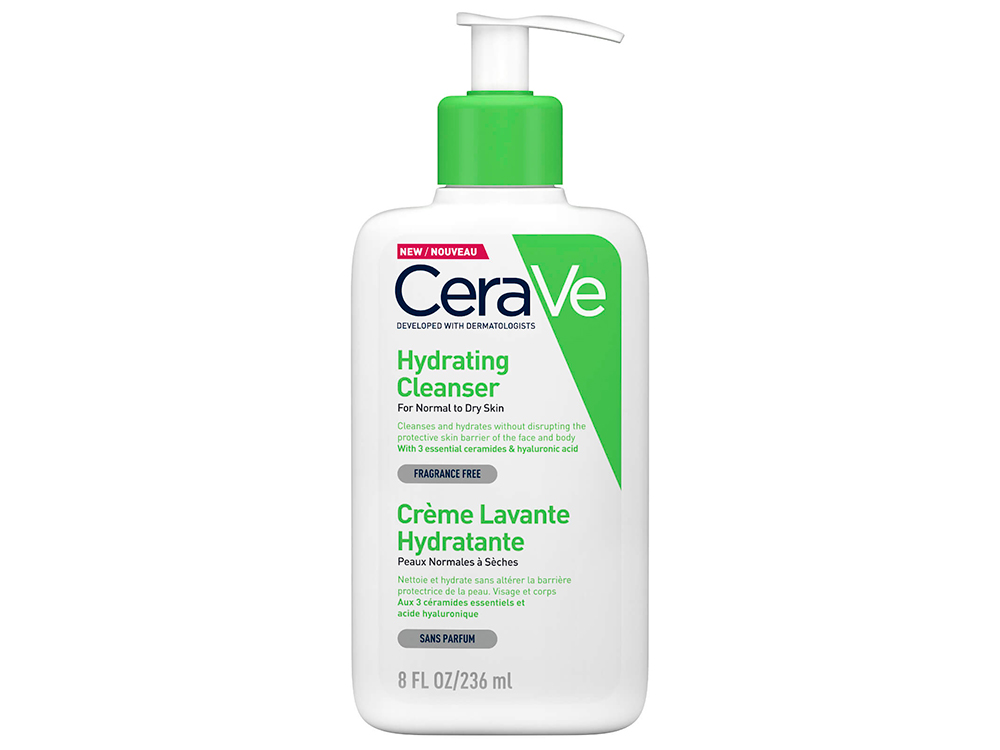
Fragrance-free, this lightly foaming cleanser is perfect for the dry and sensitive skin set as it packs in three hydrating ceramides, as well as hyaluronic acid. It's arguably the best cleanser for dry and sensitive skin types.
Buy it now
Best Sensitive Skin Moisturiser
Kate Somerville DeliKate Recovery Cream, £69, Cult Beauty
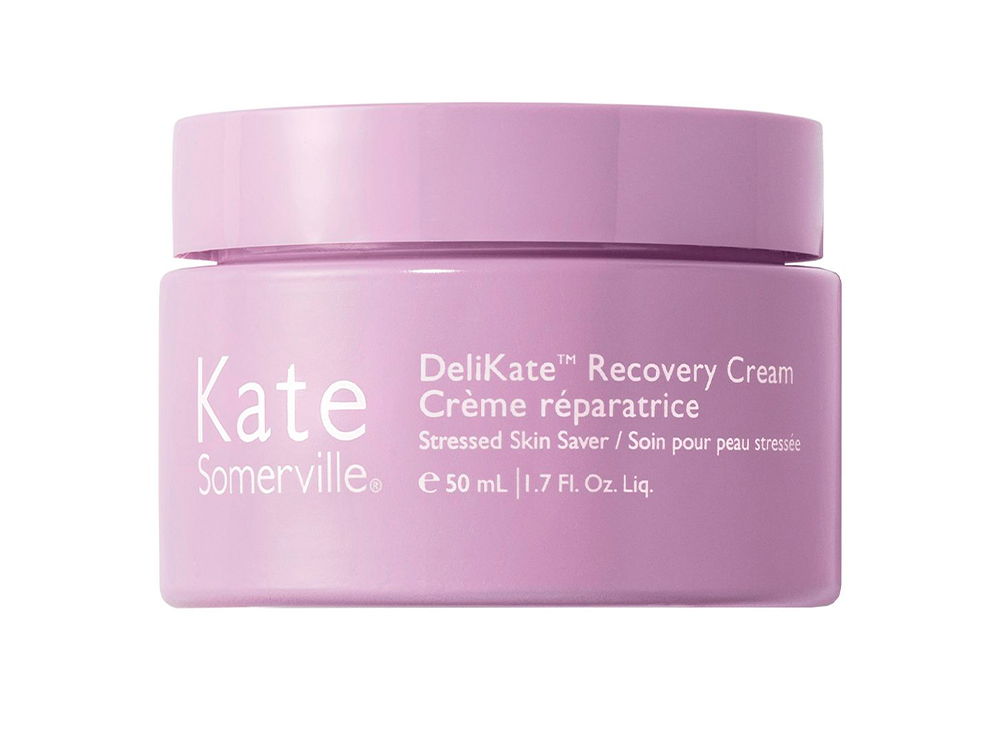
Ceramides, peptides and ginger root bring swift relief to irritated skin and strengthen a compromised skin barrier to keep the good stuff in and the bad stuff out.
Buy it now
Best Sensitive Skin Suncream
REN Clean Screen Mineral Mattifying Face Screen SPF30, £30, Lookfantastic
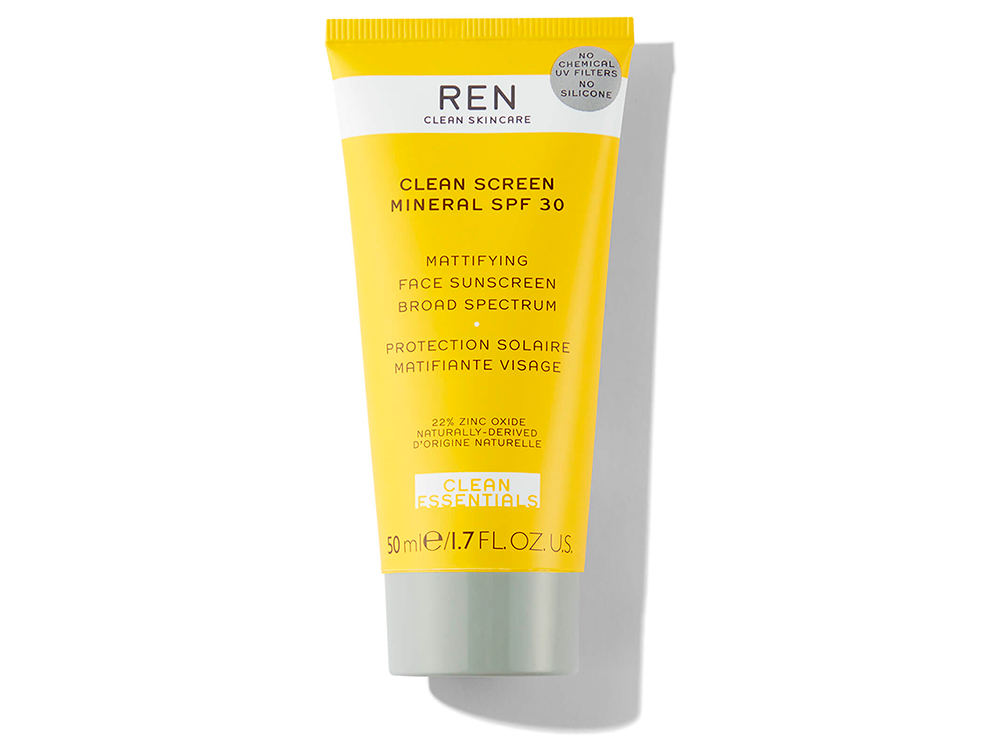
Mineral sunscreen tends to be tolerated better by sensitive skin than its chemical counterparts as it isn't absorbed into the skin itself. Instead, ingredients like zinc oxide sit on the surface of the skin and deflect UV rays. This one won't leave behind a chalky finish and the packaging is fully recyclable, too.
Buy it now
Scan labels for the words 'mild' or 'sensitive'. The term 'hypoallergenic' means that tests show it is unlikely to cause an allergic reaction.
They may not be particularly sexy, but ingredients such as ceramides are like the ‘glue’ that holds skin cells together. Together with fatty acids, they are pretty much guaranteed to prevent moisture loss.
Those who prefer natural products should look out for plant oils and extracts that have a non-irritating scent. Aloe vera, cocoa butter, shea butter and marula oil, are all good examples.
For a readily available alternative to retinol, look at bakuchiol. Despite it's proven prowess, retinol lives under a blanket of controversy for sensitive skin as it can cause dryness and irritation. Bakuchiol has filled that void. This multi-tasking plant extract functions as an anti-inflammatory. But it also mimics retinol by increasing cell turnover and stimulating collagen production to improve wrinkles and skin firmness.
Finally, avoid any product that involves rubbing the skin - especially grainy exfoliators.
Best Sensitive Skin Exfoliator
The Ordinary Lactic Acid 10 Percent + Hyaluronic Acid 2%, £5.80, Boots.com
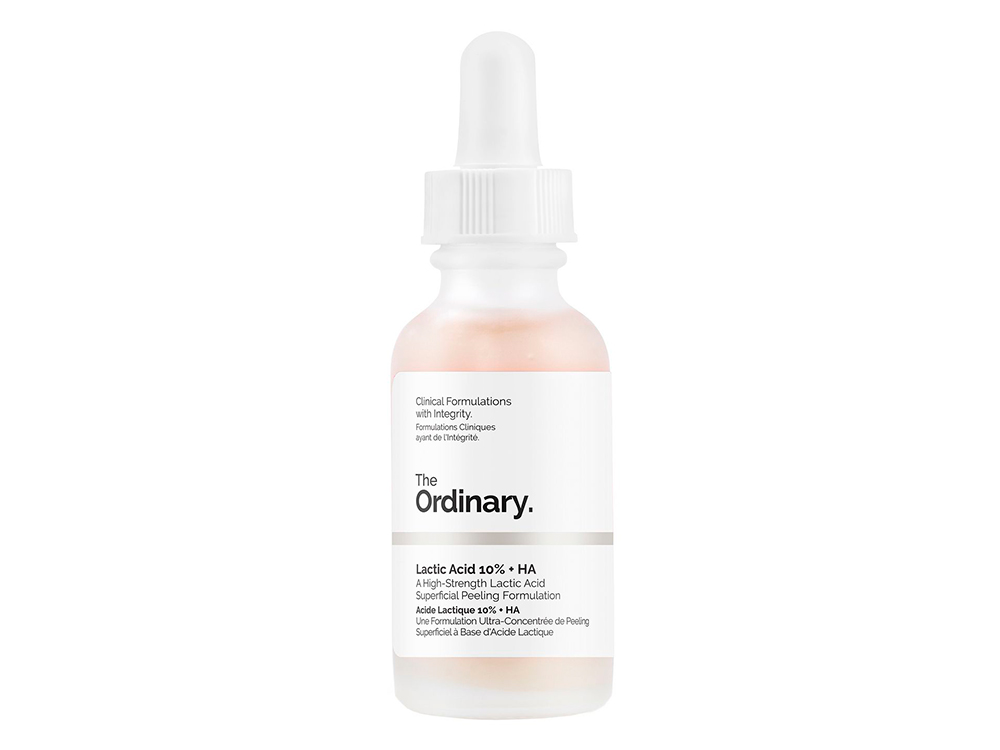
Traditional scrubs can cause sensitivity faster than you can say ‘freak out’. This one buffs away dead skin with mandelic acid, which is well-tolerated by easily riled skin.
Buy it now
More of the best products for sensitive skin...
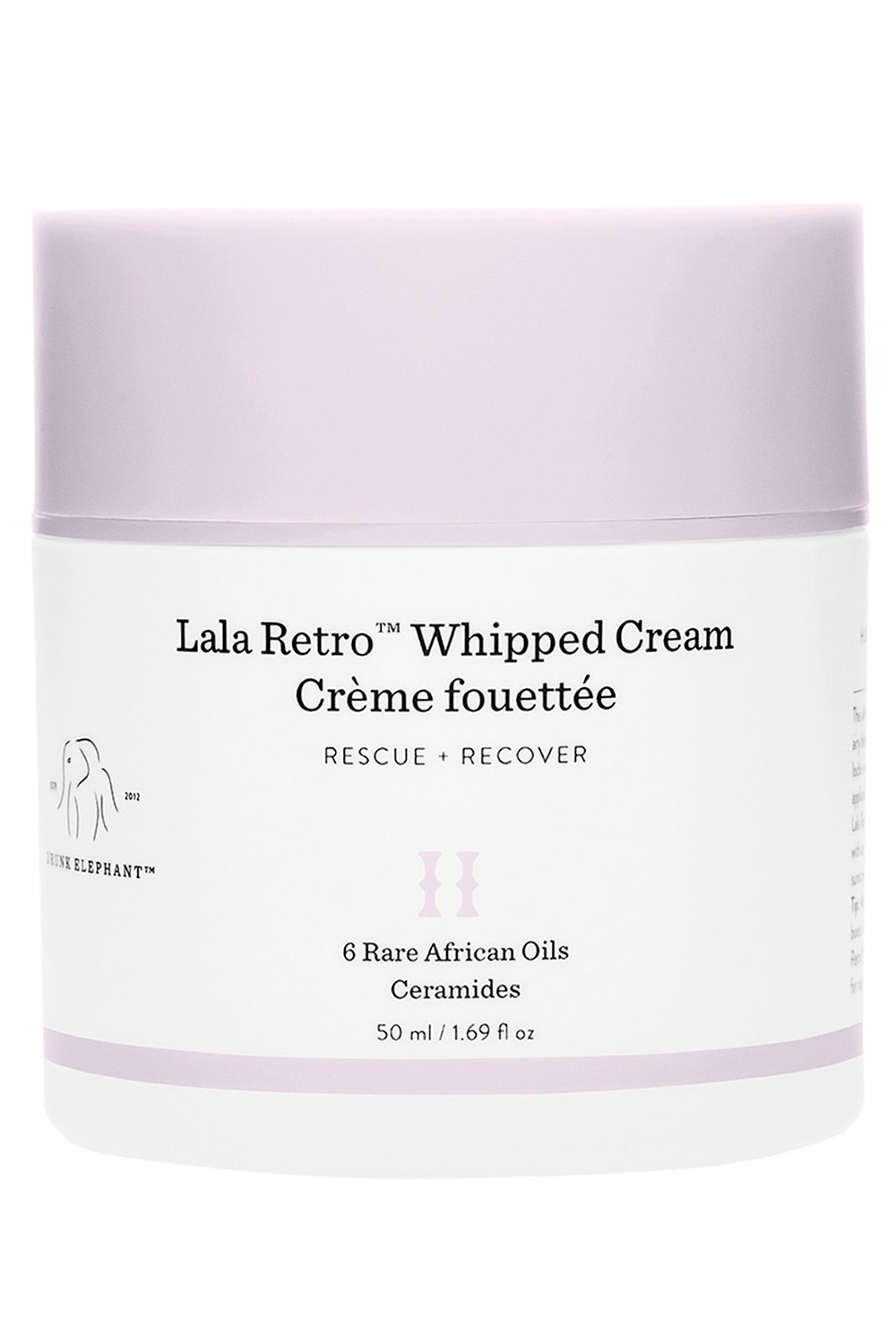
Best for lightweight nourishment: If you think of your skin as bricks and mortar, ceramides are the mortar that seal in moisture. You'll find plenty of these in there – plus marula oil, which is like a tall drink for thirsty, sensitive skin. Skin types: Dry, dull Why it gets the Marie Claire seal of approval: Nourishing but lightweight with a cocktail of ceramides and antioxidants.
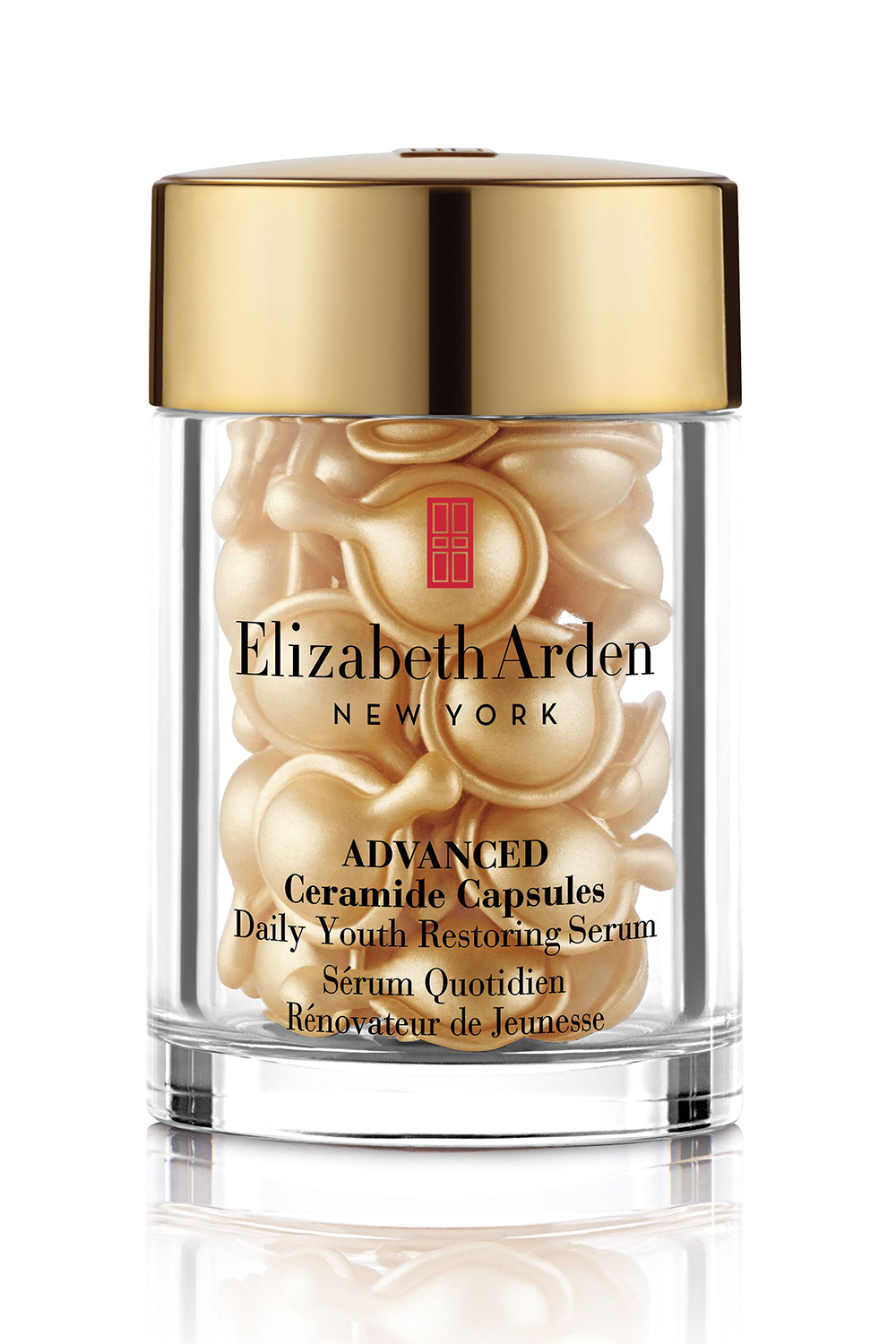
A capsule cocktail of skin-repairing ceramides and moisturising lipids, this will help to seal the cracks between cells and strengthens skin's protective barrier. Basically, your fiercest protection against lizard-skin nightmares.
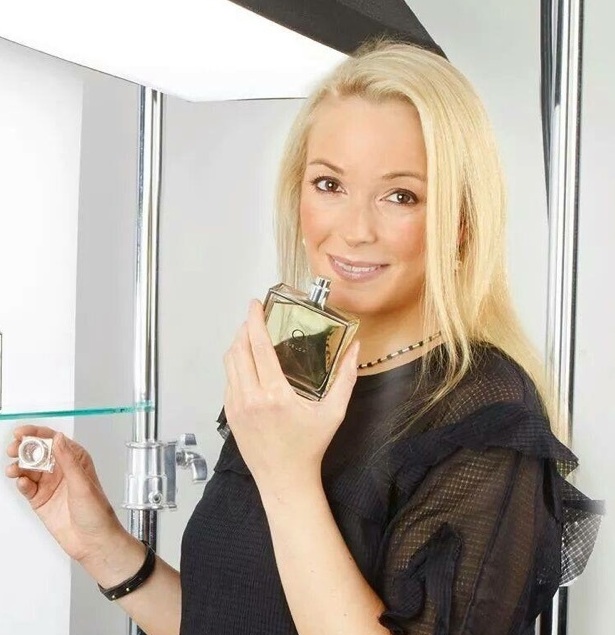
Fiona Embleton has been a beauty editor for over 10 years, writing and editing beauty copy and testing over 10,000 products. She has previously worked for magazines like Marie Claire, Stylist, Cosmopolitan and Women’s Health. Beauty journalism allowed her to marry up her first class degree in English Literature and Language (she’s a stickler for grammar and a self-confessed ingredients geek) with a passion for make-up and skincare, photography and catwalk trends.
